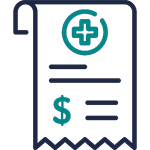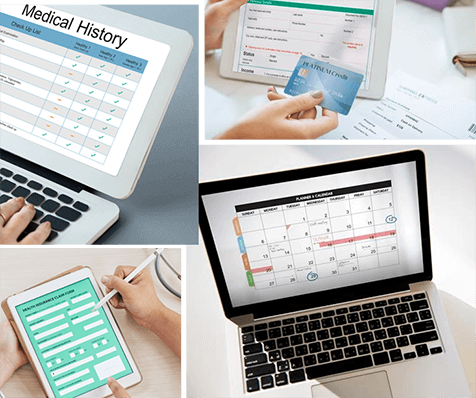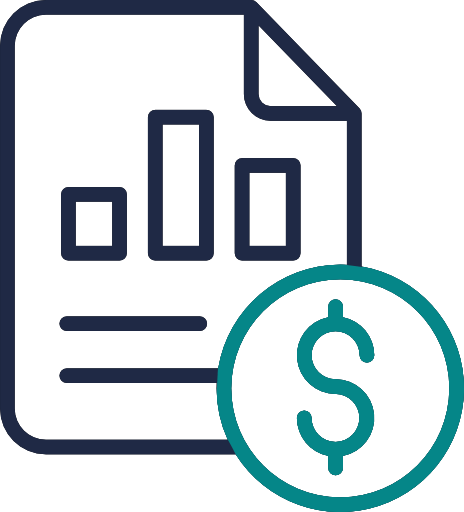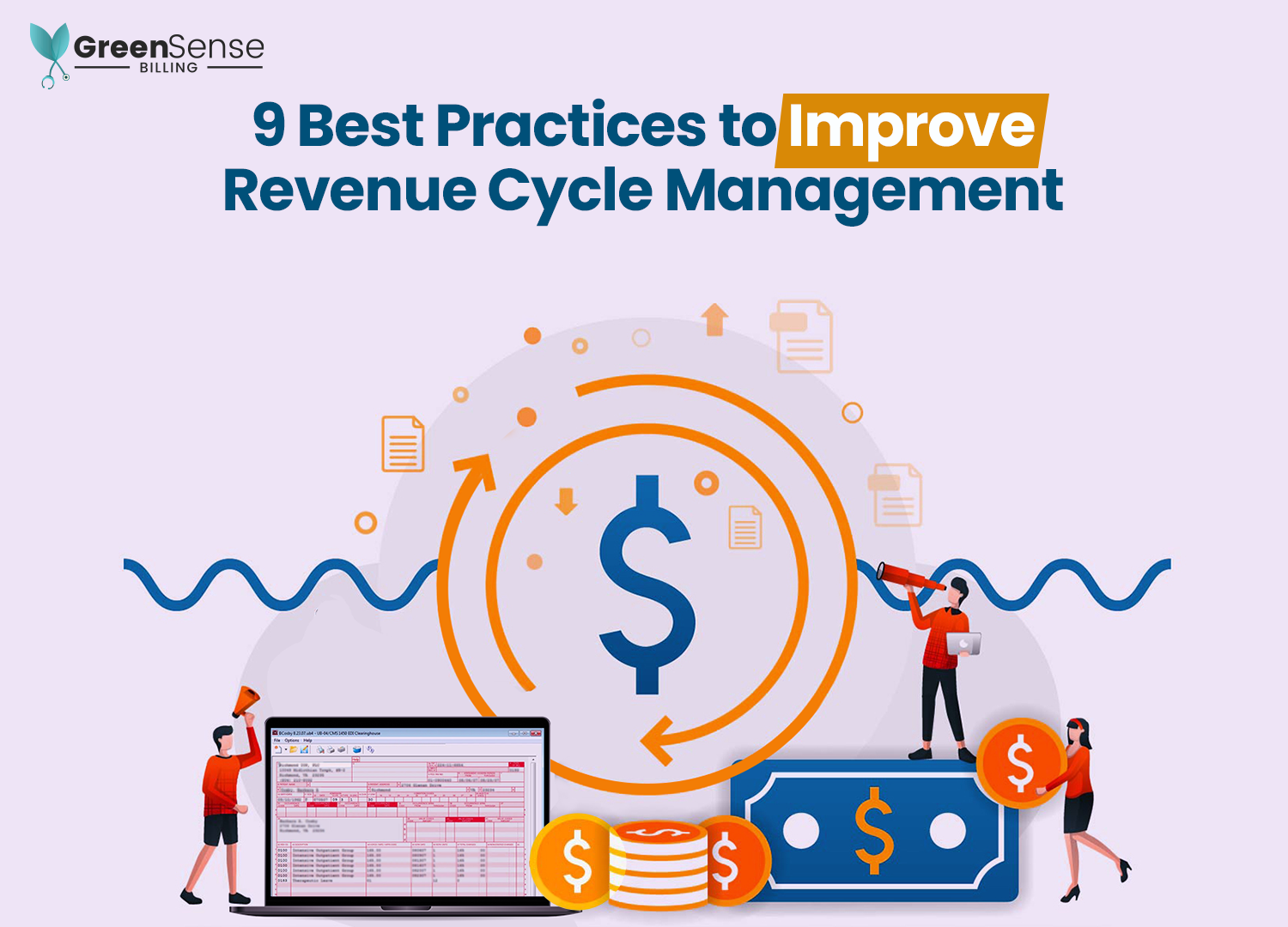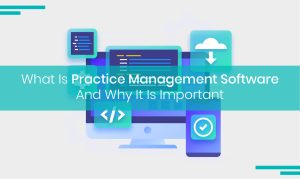Improving revenue cycle management is the financial heartbeat of any healthcare practice. It encompasses everything from patient appointment scheduling to the final payment collection.
In an industry where margins are tight and operational efficiency is key, RCM can make or break a healthcare practice’s financial health. But how do you optimize this complex process?
Let’s explore nine actionable tips to enhance your RCM and ensure your practice’s financial sustainability.
1. Optimize Appointment Scheduling
The appointment scheduling process is where your revenue cycle improvement begins. This first step, if not managed effectively, can lead to significant revenue losses. To optimize this process, implement an advanced scheduling system that can handle appointment reminders, cancellations, and rescheduling efficiently.
Utilize technology to send automated reminders to patients via SMS or email to reduce no-shows. Additionally, analyzing appointment patterns can help in optimizing the scheduling for maximum efficiency and patient throughput.
This proactive approach can significantly decrease missed appointments, ensuring a steady flow of patients and, consequently, revenue.
2. Ensure Correct Insurance Verification
Before a patient steps into the provider’s room for treatment, verifying their insurance benefits is crucial. And, it is crucial to verify their insurance benefits accurately.
This step can significantly reduce claim denials due to coverage issues. The verification process should include checking the patient’s insurance status, understanding what services are covered, and identifying any copays or deductibles. Moreover, accurate benefit verification reduces the likelihood of claim rejections and denials, paving the way for smoother billing and payment processes.
Training front-office staff to meticulously handle patient benefits verification can save a lot of time and money in the long run.
3. Invest in Quality Coding and Billing
Coding and billing are at the heart of RCM. Errors here can lead to claim rejections or denials, directly impacting your revenue.
These errors are one of the primary reasons for healthcare providers losing their money. Therefore, investing both time and money in quality coding and billing processes is crucial.
Ensure that your coding team is well-versed in the latest ICD and CPT codes and understands the nuances of medical coding. Regular training and auditing are necessary to keep up with the constant changes in coding standards. Consider investing in coding software that can reduce errors and streamline the process or take help from medical billing and coding experts who can help maintain coding accuracy.
4. Streamline Charge Capture and Entry
Charge capture and entry are other critical components of revenue cycle management. Charge capture involves accurately documenting the services provided to a patient, while charge entry is the process of entering these charges into the billing system.
Streamlining these processes ensures that all services rendered are billed correctly and promptly. You can implement an electronic charge capture system to reduce errors, enhance efficiency, and ensure that no billable services are missed.
Regularly auditing the charge entry process also helps in identifying any missed charges and correcting them, thus maximizing revenue.
5. Dedicate Staff for Proper Claim Management
Claim management is a complex process that requires dedicated attention. Assign a team or an individual responsible for managing claims from submission to payment. This includes verifying that claims are complete, accurate, and submitted in a timely manner.
The dedicated individual should also be able to handle claim denials and rejections, working proactively to resolve any issues.
Such members oversee the entire lifecycle of a claim, from creation to payment and the specialized focus helps in ensuring accurate and timely submissions, as well as efficient handling of denials and rejections.
6. Verify Patient Payment Processes
Discussing and verifying payment processes with patients upfront can prevent future disputes and delays. Transparency about payment responsibilities, including co-pays and deductibles, helps in setting clear expectations. This approach not only streamlines the payment process but also enhances patient satisfaction.
It is recommended to discuss and verify the payment processes before providing services. The process also includes informing patients about any out-of-pocket expenses and the practice’s payment policies. This transparent communication can prevent misunderstandings, surprise bills and delays in payment.
7. Get Your Bills Handled by Professionals
For some practices, outsourcing billing processes to a third-party professional can be beneficial. These companies specialize in Healthcare Revenue Cycle Improvement and can bring expertise, efficiency, and technology to the table. We can handle the complexities of billing and claims management, allowing you to focus on patient care.
However, it’s important to choose a reputable and experienced billing company that aligns with your practice’s needs.
Q: What are the advantages of outsourcing billing?
A: It can lead to higher accuracy, reduced denial rates, and faster reimbursements, thereby enhancing your practice’s financial health.
8. Track & Follow Up on Claims
Persistent tracking and follow-up on claims are crucial for effective RCM.
Implement a system to regularly monitor the status of claims. In case of denials or delays, quick and proactive follow-up is essential. Understanding why claims are denied and addressing those issues can significantly improve the success rate of future claims and can prevent revenue losses due to delayed or forgotten claims. Persistent follow-up is key to resolving issues quickly and maintaining a steady cash flow.
9. Analyze Reports & Monitor RCM Performance
Regular reporting and monitoring of RCM performance provide insights into your practice’s financial health. Analyzing these reports helps identify trends, pinpoint bottlenecks, and inform decision-making. Plus, monitoring the performance of your RCM process is crucial for identifying areas of improvement.
These reports provide insights into patterns and trends in billing and reimbursements, enabling data-driven decision-making to optimize the complete revenue cycle management.
End Note
Improving Revenue Cycle Management is a strategic process that requires continuous effort and adaptation. By implementing these nine tips, healthcare practices can enhance their financial operations, leading to more robust revenue generation.
An efficient revenue cycle not only supports the financial health of a practice but also contributes to delivering quality patient care. In the complex healthcare environment, a well-managed RCM is your key to success and sustainability.
FAQs
Q: What is the importance of accurate appointment scheduling in RCM?
A: It minimizes no-shows and optimizes patient flow, enhancing revenue.
Q: Why is verifying patient insurance benefits crucial?
A: It prevents claim rejections due to coverage issues, ensuring smooth billing.
Q: How does quality coding affect RCM?
A: Accurate coding reduces claim denials, ensuring proper reimbursement for services.
Q: What is the role of dedicated staff in claim management?
A: They ensure accurate, timely claim submission and effective handling of denials.
Q: Why is tracking and following up on claims important?
A: It helps in resolving issues promptly, leading to quicker reimbursements.

